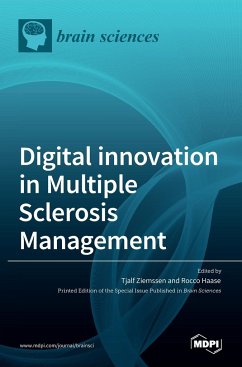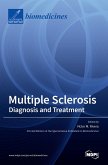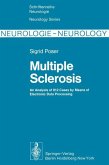Due to innovation in technology, a new type of patient has been created, the e-patient, characterized by the use of electronic communication tools and commitment to participate in their own care. The extent to which the world of digital health has changed during the COVID-19 pandemic has been widely recognized. Remote medicine has become part of the new normal for patients and clinicians, introducing innovative care delivery models that are likely to endure even if the pendulum swings back to some degree in a post-COVID age. The development of digital applications and remote communication technologies for patients with multiple sclerosis has increased rapidly in recent years. For patients, eHealth apps have been shown to improve outcomes and increase access to care, disease information, and support. For HCPs, eHealth technology may facilitate the assessment of clinical disability, analysis of lab and imaging data, and remote monitoring of patient symptoms, adverse events, and outcomes. It may allow time optimization and more timely intervention than is possible with scheduled face-to-face visits. The way we measure the impact of MS on daily life has remained relatively unchanged for decades, and is heavily reliant on clinic visits that may only occur once or twice each year. These benefits are important because multiple sclerosis requires ongoing monitoring, assessment, and management.The aim of this Special Issue is to cover the state of knowledge and expertise in the field of eHealth technology applied to multiple sclerosis, from clinical evaluation to patient education.
Bitte wählen Sie Ihr Anliegen aus.
Rechnungen
Retourenschein anfordern
Bestellstatus
Storno








